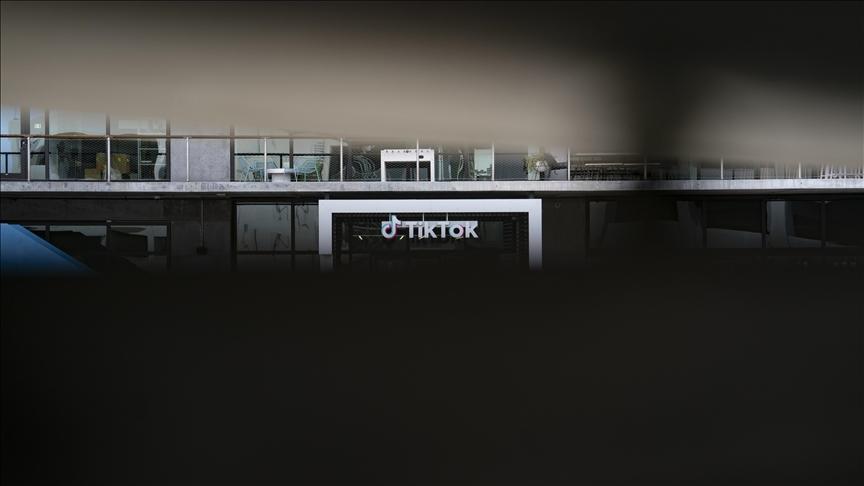Africa-Press – Lesotho. Current and former TikTok employees privately voiced alarm over the platform’s impact on young users, warning that its design fuels compulsive use and risks harming teenagers’ mental health, according to a newly unsealed video in North Carolina’s lawsuit against the company.
The compilation, made public on Tuesday by Superior Court Judge Adam Conrad and reported by CNN on Wednesday, shows staff in internal meetings discussing how TikTok’s algorithm encourages addictive behavior and may steer teens toward harmful content.
The lawsuit, originally filed by then-Attorney General Josh Stein and now carried forward by his successor Jeff Jackson, accuses TikTok of unfair and deceptive practices by making the app “highly addictive to minors” while misleading parents about safety.
Conrad rejected the company’s attempt to dismiss the case and to keep the video sealed, ruling that “embarrassment” for employees did not outweigh the public’s right of access.
In the footage, Nicholas Chng, who worked on risk detection before leaving TikTok, explained that the platform “encourages some of this content being put up just because of the way the platform is designed.”
Alexandra Evans, the company’s former safety policy lead in Europe, said TikTok “has baked into it compulsive use,” warning that it can disrupt sleep, eating habits, and in-person interaction.
Ashlen Sepulveda, another employee, cautioned that the algorithm could funnel teens searching for fitness material into conversations about disordered eating. Brett Peters, TikTok’s current global head of creator advocacy, admitted that the company’s “lofty goals” of maximizing user engagement are “not necessarily congruent with good mental health.”
Attorney General Jackson said the evidence confirms what states have argued: “Social media companies are keeping kids hooked to maximize profits, even at the expense of their health.”
TikTok dismissed the allegations as “inaccurate and misleading,” pointing to recent safety measures such as default privacy settings for minors, late-night notification limits, and expanded parental controls.
The case comes as TikTok faces wider political pressure in Washington, DC. Congress passed legislation in 2024 forcing ByteDance, its Chinese parent company, to sell off US operations or face a nationwide ban. President Donald Trump has granted three extensions, most recently moving the enforcement deadline to Sept. 17.
The app, with around 170 million US users, briefly went offline in January before Trump’s second inauguration but was restored when he delayed enforcement.
For More News And Analysis About Lesotho Follow Africa-Press






